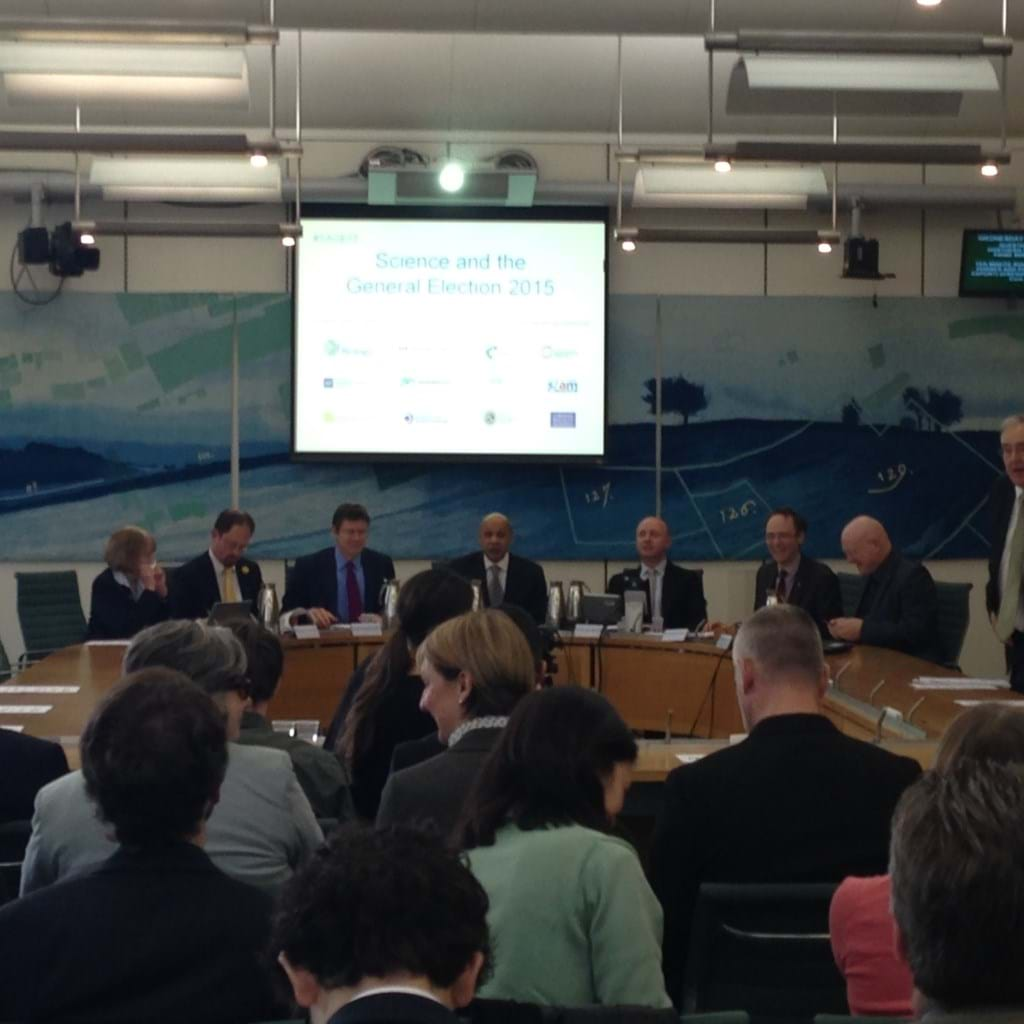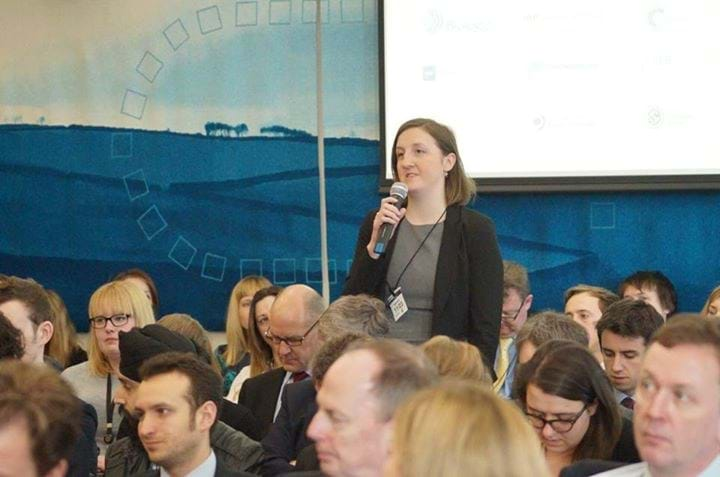Science, Engineering and the UK General Election (Day 292)

15th March 2015
The US diplomat, Chester Bowles, once remarked that politics is too big and too important to be left to the politicians. It's a view that I share and I wholeheartedly agree with the thinking set out in the Chemical Engineering Matters report, which encourages IChemE members to engage with opinion formers and policy makers.
It's all too easy to dismiss the modern politician as being all spin and no substance. But this is a dangerous over simplification. The work of government is not easy and engineers need to recognise that the pursuit of short-term political advantage is a consequence of the political system and the electoral cycle rather than a fundamental failing of the politician themselves.
Many readers of this blog come from outside the UK. You might argue that the UK General Election on 7 May 2015 is of no consequence, but I would ask you to stick with me on today's post, because the political decisions made in one country can affect us all and the ideas that I am exploring here are equally valid in, say Australia, which goes to the polls in 2016 and Malaysia where an election will be held before the end of 2018.


The event brought together science and technology spokespeople from seven political parties to debate the issues facing the science, technology engineering and maths (STEM) community in the UK.
The politicians who spoke were: Rt Hon Greg Clark MP (Conservative Party); Rt Hon Liam Byrne MP (Labour Party); Dr Julian Huppert MP (Liberal Democrat Party); Dr Alasdair Allan MSP (Scottish National Party); Hywel Williams MP (Plaid Cymru) and Dr Julia Reid MEP (UK Independence Party). The Green Party was also invited to take part, but was unable to field a speaker.
BBC Science Correspondent, Pallab Ghosh, did an admirable job in the chair. He kept the politicians in line and a lively debate ensued.

IChemE technical policy officer, Dr Alexandra Howe, was in the audience and she asked: “How can we continue to support the advancement of UK science and engineering if we restrict the immigration of those who wish to study and work here?”
MPs from the opposition parties argued that the coalition governments' immigration cap and scrapping of the post-study work visas damaged the image of the UK as a country that claimed to welcome students from overseas.
However, The Rt Hon Greg Clark MP (Conservative and current Minister for Universities and Science) indicated that the number of foreign students applying to study in the UK was due to increase by four per cent in 2015. He was confident that the UK would overtake the US as a destination for students studying STEM.
Dr Julia Reid MEP (UKIP) suggested that a points-based system for immigration would be fairer and this would not prevent STEM students from coming to study and work in the UK.
Immigration remains a key issue for IChemE, which supports the free movement of scientific talent. "21st century science and engineering is boundary-less and we need an immigration policy that reflects this", said Alexandra in her response to the panel.
You can watch a recording of the debate here:
For their final question, the politicians were asked: “What is the one policy you would bring in as a priority within your first 100 days to strengthen UK science?”
Dr Julia Reid MEP (UKIP) said that she would improve the career prospects of researchers.
Dr Alasdair Allan MSP (SNP) said he would revisit the idea of emission charges and stop the penalisation of renewable energies.
Dr Julian Huppert MP (Liberal Democrat) said that he would ensure the UK government publishes all of the research it commissions.
Rt Hon Greg Clark MP (Conservative) would extend loan stipends to all postgraduate students.
Hywel Williams MP (Plaid Cymru) would make Welsh levels of funding the same as in Scotland.
Rt Hon Liam Byrne MP (Labour) would publish a plan to stop the UK university system going financially bust.

Although I enjoyed the discussion, I have to say there wasn't much difference between the major political parties on science and technology issues.
Nonetheless, I was pleased that all in attendance stressed the importance of supporting science and engineering and recognised the need for adequate funding.
Chemical engineering needs good politics, and politics needs good chemical engineering. So I would encourage everyone with a vote in the UK to make sure you use it in May.
If you are a chemical engineer and you are involved in politics anywhere in the world, please get in touch. I'd be delighted to hear more about what you are up to.